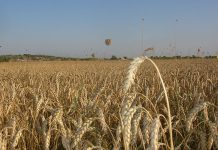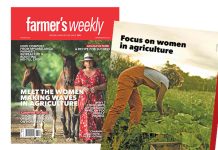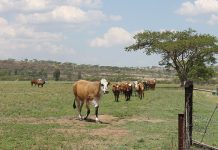These are stories about families who arrived in South Africa with little more than hope, but through their inventiveness and tenacity established businesses that grew into successful farming enterprises. More than a century later, these continue to make valuable contributions to the agriculture sector today.
It cannot, however, be ignored that the story of farming in South Africa over the last 105 years is skewed along racial lines. And it is a tragedy of our past that we are not able today to tell the stories of sixth-generation black commercial farming families.
But should this stop us from telling these stories at all?
I think it would be a shame if we were to dismiss the proud heritage of farming families who have toiled for many decades and suffered numerous hardships along the way, simply because of the discomfort we might feel when we also have to acknowledge the narrative of exclusion that permeates our shared history.
Let us take heart from the knowledge that things are changing. Transformation in the agricultural sector might not be happening at a fast enough pace for government to deliver on the promises made to voters at election time, but there are signs indicating that we have departed from an era dominated by a single group.
Nowhere is this more obvious than at the recent Grain SA conference, where for the first time in our history a woman – and a black one at that – was elected to serve as the vice-chairperson of the organisation.
I met Preline Swart and her husband Ralph in 2014 when I visited them on their farm in Elim. Ralph, a fourth-generation farmer, started out on 2ha of farmland in 1975 and in 2014 the family bought their first commercial grain farm.
As we head into the future, farmers like Preline and Ralph will continue to change the story of farming in South Africa.
However, I hope the agriculture sector in this country will never become so preoccupied with the present need for transformation that the lessons we can learn from those families who have laboured on the land for over a century are ignored completely.
The families featured in this issue have several things in common: each generation has worked hard and been persistent and brave enough to seize opportunities that came their way. Wherever farming in South Africa may be headed, I hope that future generations of farmers will continue on this bold and industrious path.
Here’s to the next 105 years!












